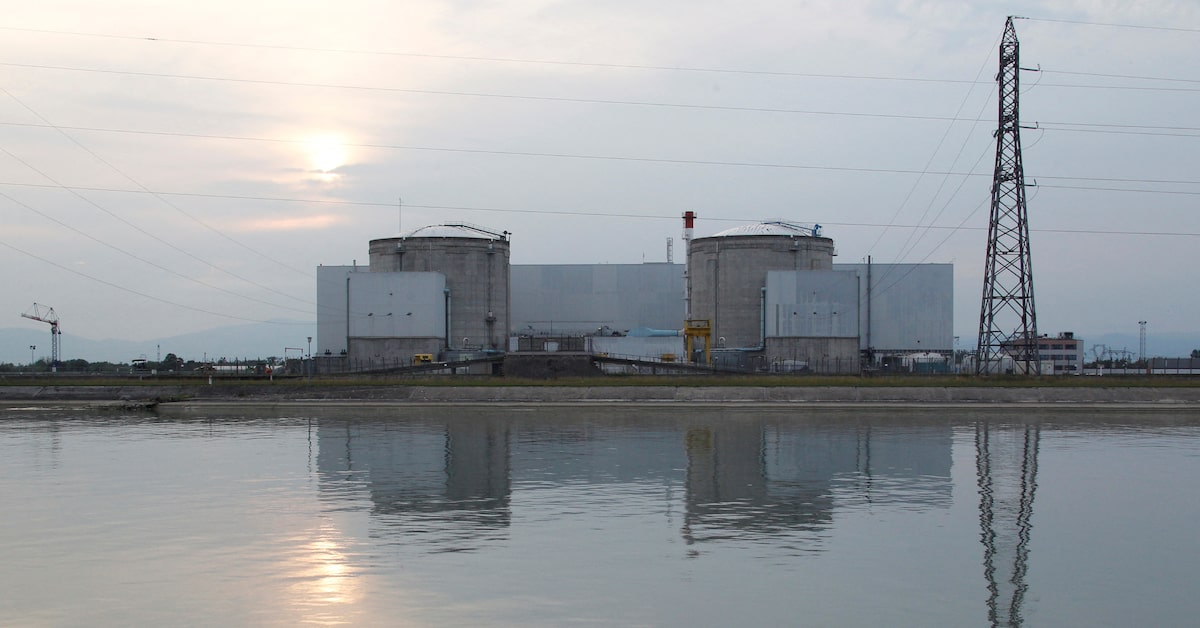Crazy to think that - just a couple years ago, on 20 Apr 2020 - WTI crude in Cushing, OK was briefly negative $37 a barrel. Meaning, on that infamous day, if you showed up in Cushing ready to accept deliveries in lots of 100 barrels, you could “buy” 1 oil future for -$3,763 (meaning get paid $3,763) as long as you upheld your contract to take the 100 barrels away that day.Meanwhile, some unpleasant analysis from JP Morgan Chase as reported by Bloomberg.
JPMorgan Sees ‘Stratospheric’ $380 Oil on Worst-Case Russian Cut
Note, I realize WTI does not mean what naval aviators think of when they see WTI. It stands for West Texas Intermediate, which is a type of light sweet crude oil found in N. America that typically sells for 90% or so of what Brent crude sells for.




